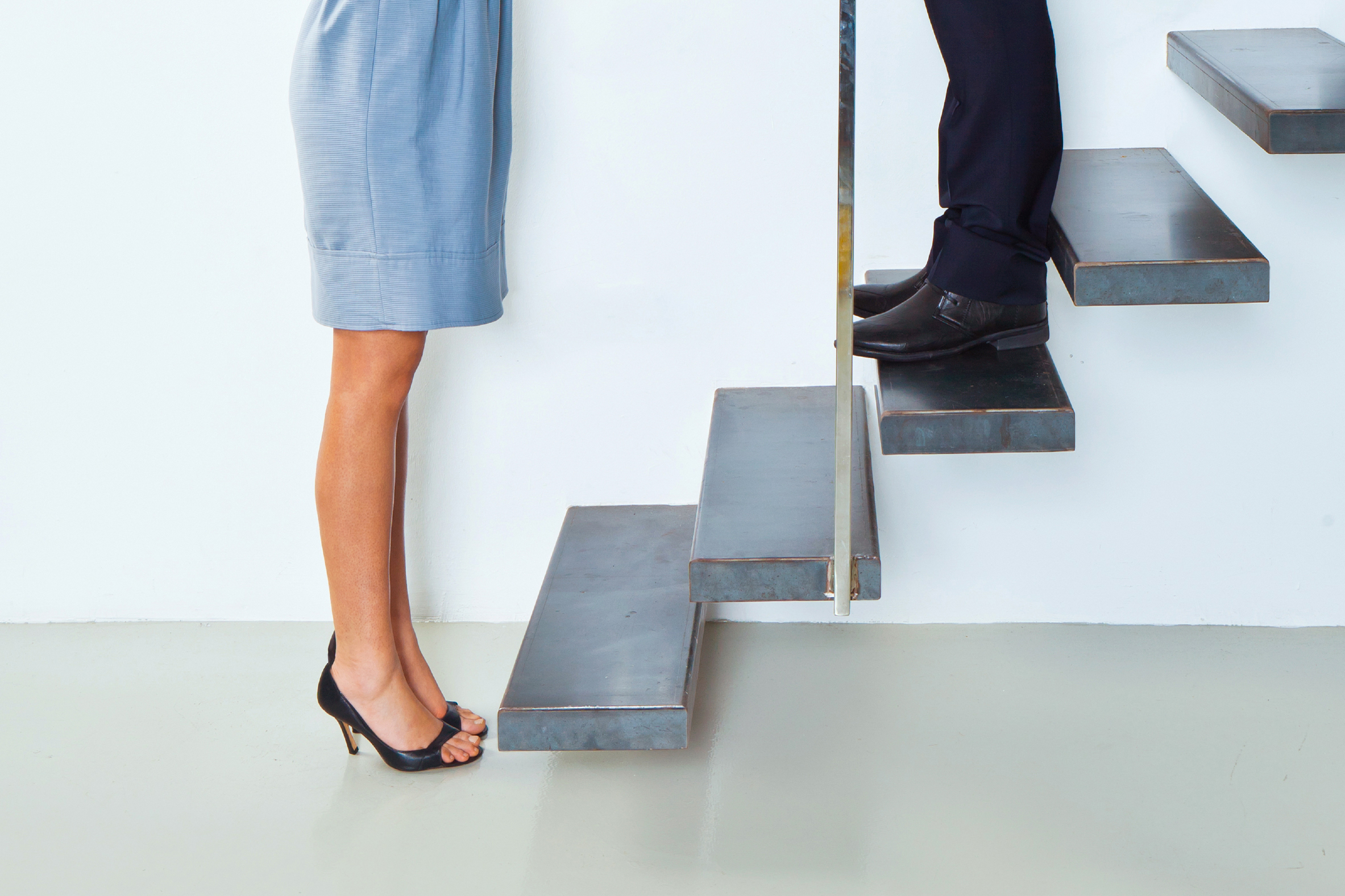
Advocates hope the United Kingdom may be at a turning point when it comes to closing its gender pay gap: as more companies release salary figures detailing their own disparities, women are standing up and demanding immediate change.
Journalists at the Financial Times held an emergency meeting on Wednesday, demanding that the paper’s management address its pay gap by 2020. After discovering that the Times‘ women are paid almost 13% less than men, employees threatened to strike on Monday. Earlier this month, the BBC revealed that two-thirds of its top earners are men. The broadcasting company’s highest-paid star, Top Gear‘s Chris Evans, brought home between £2.2m ($2.9m) and £2.25m ($3m) last year — nearly five times what its highest paid female, Claudia Winkleman, who presents the U.K.’s version of Dancing with the Stars, earns.
And media companies aren’t alone. U.K. bank TSB revealed in July that its female employees are paid on average 31% less than its male employees, with an additional gap of 53% when it comes to bonus pay. “Our mean gender pay gap is smaller than the indicative average for the financial services industry,” TSB said in a statement. “However, it’s still greater than the UK average for all industries. So naturally we wanted to understand what’s driving our pay gap and understand what we can do to improve it.”
Meanwhile, the Church of England released data this week that shows its male employees make over 40% more than women. “The pay difference for nearly three-quarters of our staff is less than one per cent, and for half of staff there is no gap in pay between men and women,” a spokesperson for the Church of England said in a statement, according to the Telegraph. “However, the data also shows where we have more work to do in reducing the difference in pay between men and women in more highly paid roles, and improving the ratio of men to women in the most senior and most junior roles.
The U.K. parliament passed a law in April that will require all British companies with more than 250 employees to release both their median and mean gender pay gap figures by April 2018.
At the BBC, Tony Hall, the media company’s director general, pledged to close the gender pay gap by 2020. But that wasn’t enough for 40 female stars at the company, who called on Hall to close the gap immediately in an open letter published on July 22. “You have said that you will ‘sort’ the gender pay gap by 2020, but the BBC has known about the pay disparity for years,” the letter said. “We all want to go on the record to call upon you to act now.” (Hall later responded, saying he hopes the company can close its gap before 2020.)
Journalists at the Financial Times echoed the sentiment of the BBC’s women. Steven Bird, who heads the paper’s journalism union, wrote in an email to around 600 employees that the Times‘ top brass wasn’t doing enough to address the issue. “The company’s ‘ambition’ to reach equality by 2022 is worse than the BBC’s present target of 2020,” Bird wrote, according to Sky News.
The gender pay gap has long festered in the U.K. Even though the country passed an Equal Pay Act over 45 years ago, which stipulated that women and men should be paid equally for the same work, women are still paid approximately 13.9% less than men — one of the worst wage disparities in all of Europe, according to research by Eurostat, the statistical office of the European Union. In the United States, women earn on average 79% of what men make, according to data from the Census Bureau.
But the response from female employees at both companies has pushed the discussion about Britain’s gender pay gap off the sidelines. It’s clear that the gender pay gap has moved to the forefront of the country’s consciousness, and many advocates say it’s encouraging that companies are finally forced to be honest about how far they still have to go.
“Here is the real hard fact: women are paid less because we are considered to be worth less,”Sophie Walker, the leader of the Women’s Equality Party, wrote in an op-ed published last week. “The gender pay gap is a symptom of the structural barriers that women face, which can be seen at every level of working life and across every industry.”
More Must-Reads from TIME
- Cybersecurity Experts Are Sounding the Alarm on DOGE
- Meet the 2025 Women of the Year
- The Harsh Truth About Disability Inclusion
- Why Do More Young Adults Have Cancer?
- Colman Domingo Leads With Radical Love
- How to Get Better at Doing Things Alone
- Michelle Zauner Stares Down the Darkness
Write to Kate Samuelson at kate.samuelson@time.com